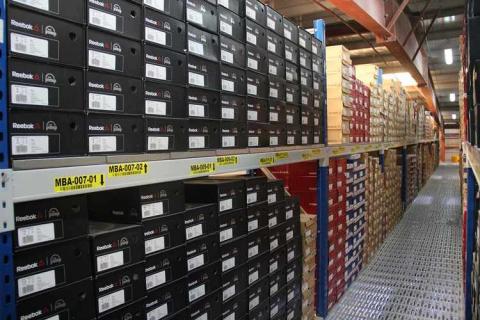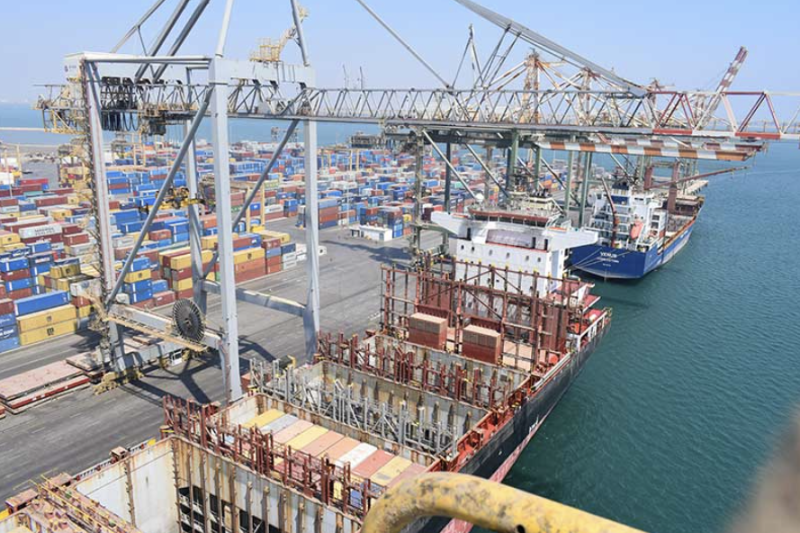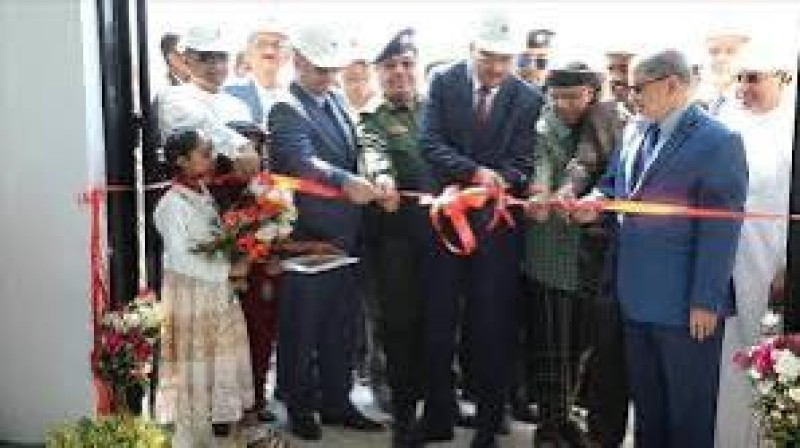World Bank Re-affirms Support for the Yemeni People and Critical Institutions


A World Bank delegation visited Aden, Yemen, today and reaffirmed its support for the Yemeni people in their development aspirations in the face of ongoing conflict.
Merza Hasan, Executive Director for Yemen and Dean of the World Bank Group’s Board of Executive Directors and Ferid Belhaj, World Bank Vice President for the Middle East and North Africa, met with government officials and local beneficiaries of World Bank-funded projects to gain first-hand knowledge of the challenges Yemen faces after five years of conflict and identify how best the World Bank can help meet them.
“The World Bank has been an active partner in Yemen’s development for more than four decades, and we will continue our support even under the current difficult and challenging period,” said Merza Hasan Dean of the Board of the World Bank Group “We are here today to re-confirm our commitment to support the Yemeni people, and to help preserve the critical service institutions on which millions of Yemenis depend during these difficult times.” said Ferid Belhaj World Bank Vice President for the Middle East and North Africa.
Hassan and Belhaj met with Yemen’s Prime Minister Dr. Maeen Abdulmalik, the Minister of Planning of International Cooperation, Dr. Nageeb Al-oj and several sector ministers; including health, agriculture and fisheries, education, social affairs, electricity, and public works.
The World Bank visit comes on the heels of a new Country Engagement Strategy to guide its support to Yemen over the next two years. The strategy focuses on strengthening the resilience of Yemeni families and communities to help them cope, giving top priority to preserving institutional capacity, improving service delivery resilience, and providing support to conflict-affected poor and vulnerable Yemenis. The Bank further announced last month $400 million in new grants from IDA, the World Bank’s fund for the world’s poorest countries, to ensure that millions of vulnerable Yemenis have access to critical health and nutrition services, social welfare benefits and income opportunities.
Since 2016, IDA has provided grants to Yemen totaling US$1.76 billion to fund emergency interventions, investing in people and the institutions on which they rely for critical basic services and income support.
The IDA grants have saved lives. Oral cholera vaccine has been provided to more than one million people in high risk districts. Nearly 12,000 health personnel have been trained and 6.9 million children (five million of them under 5 years old) have been immunized. The World Bank has also, through an Emergency Cash Transfer Program, helped ensure vulnerable Yemenis have money to buy food and necessities. Cash transfers provided across Yemen’s 333 districts, have reached, on average, 1.45 million poor households (about 9 million people).
The Bank has leveraged its strong partnerships with UN agencies and local institutions to support Yemenis across the whole country and will continue to do so in the future.

Aden -- Yemen Airways has announced the cancellation of the mandatory round-trip ticket requirement for passengers traveling from Yemen to Saudi Ar…

Aden — Ports under the authority of Yemen’s internationally recognized government have received more than two million metric tons of fu…

Mukalla — Local authorities in Hadramout have announced the inauguration of Yemen’s first solar-powered cement station, a landmark proj…